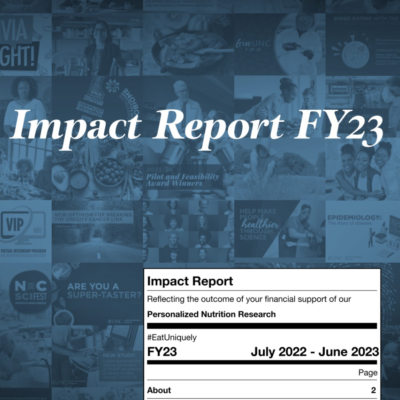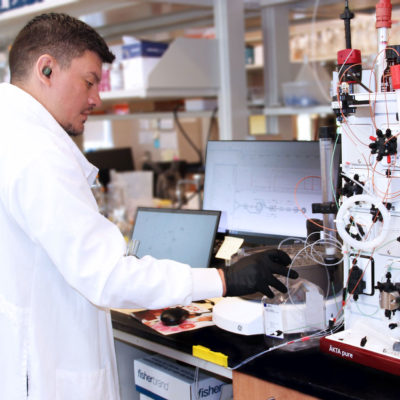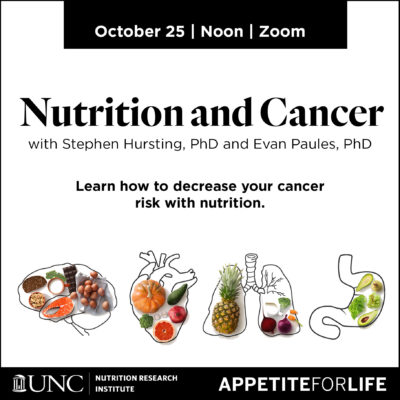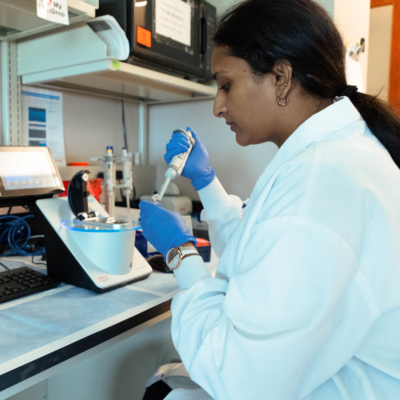Microbiome and Nutrition
The complex community of bacteria, yeasts and viruses living in our intestines, collectively known as the gut microbiome, is shaped, in part, by what we eat. Genetics, environment, and other factors also influence an individual’s microbial community. Research at the NRI investigates these complex relationships and their impact on disease risk. We use animal models and bioinformatics to study the associations between nutritional metabolites, gut microbiome, and health. What happens in the gut doesn’t stay in the gut. Your microbiome can play a role in cardiovascular disease, obesity and diabetes, and even cancer. Our team envisions a future where analysis of your microbiome can determine disease risk, and medical foods can be prescribed to treat and prevent disease by regulating the microbiome.
Publications
Microbiome and Nutrition Publications
2020
Population studies of TMAO and its precursors may help elucidate mechanisms. Meyer K
2019
Association of dietary patterns with the gut microbiota in older, community-dwelling men. Meyer K
2018
Meta-analysis of human genome-microbiome association studies: the MiBioGen consortium initiative. Meyer K
Human microbiota, blood group antigens, and disease. Sumner S
2017
Trimethylamine N-Oxide, the Microbiome, and Heart and Kidney Disease. Zeisel S
2016
Diet and Gut Microbial Function in Metabolic and Cardiovascular Disease Risk. Meyer K
Antibiotic-mediated gut microbiome perturbation accelerates development of type 1 diabetes in mice. Sumner S
Related News
What’s the best diet for your body? A federal study aims to find out.
Reprinted from the Washington Post. The UNC Nutrition Research Institute is one of the sites conducting the study described in this article. Anyone 18 or older who is interested in participating can join by enrolling first in the national All of Us research program...
Appetite for Life: Nutrition and Cancer Survey
Impact Report FY23
Communicate Your Research
by Bryan Munoz, PhD As a scientist at the UNC Nutrition Research Institute my goal is to better humanity through research aimed at nutrients and their role on our health. I spend time in the lab each day applying advanced scientific methods to proteins in the folate...
Appetite for Life: Nutrition and Cancer
Mold the Scientific Minds of Tomorrow, Part II
Last week you met three of our current doctoral students and today we introduce you to three more. The UNC Nutrition Research Institute (NRI) is helping mold the scientific minds of tomorrow by offering unique learning and work experiences for graduate students in the...






